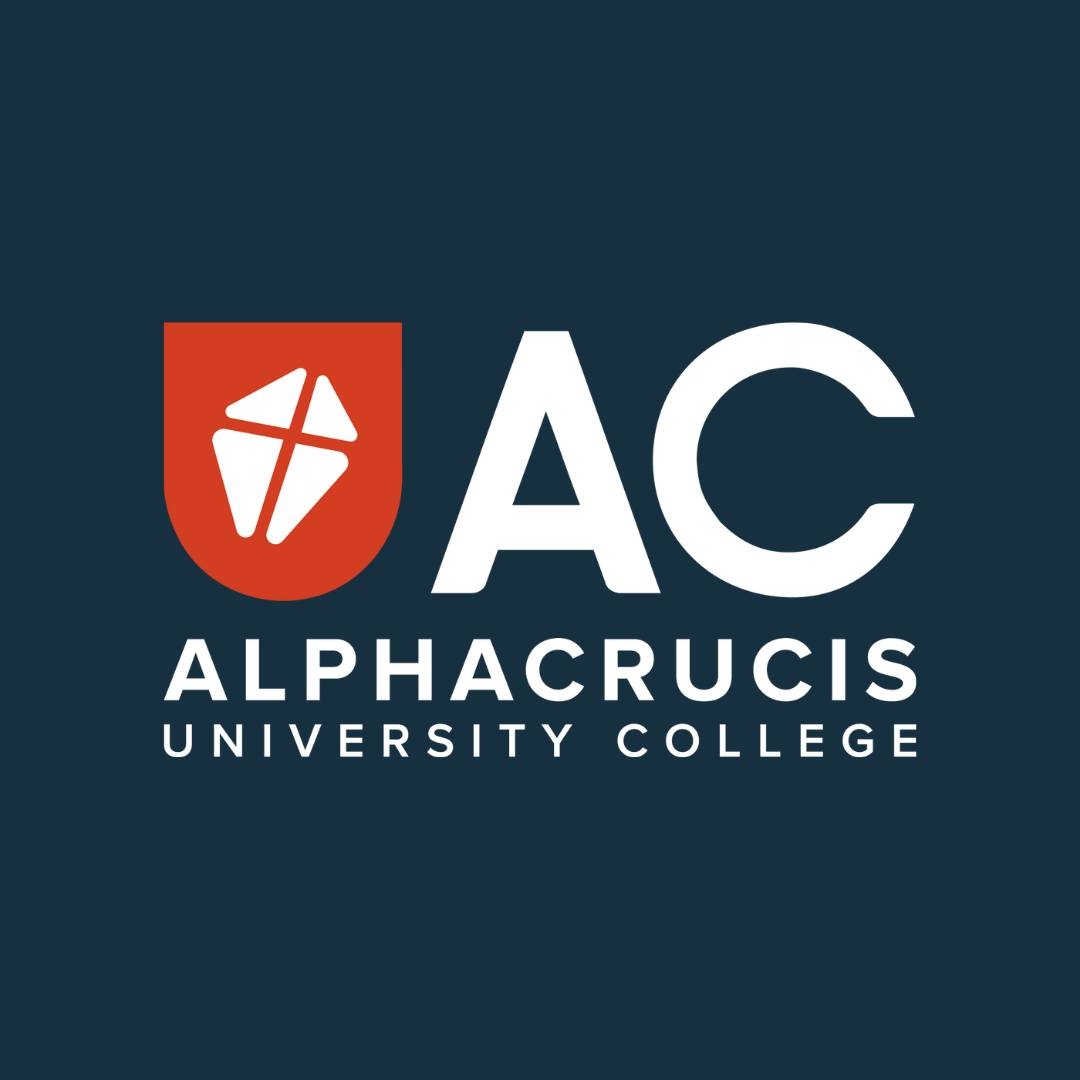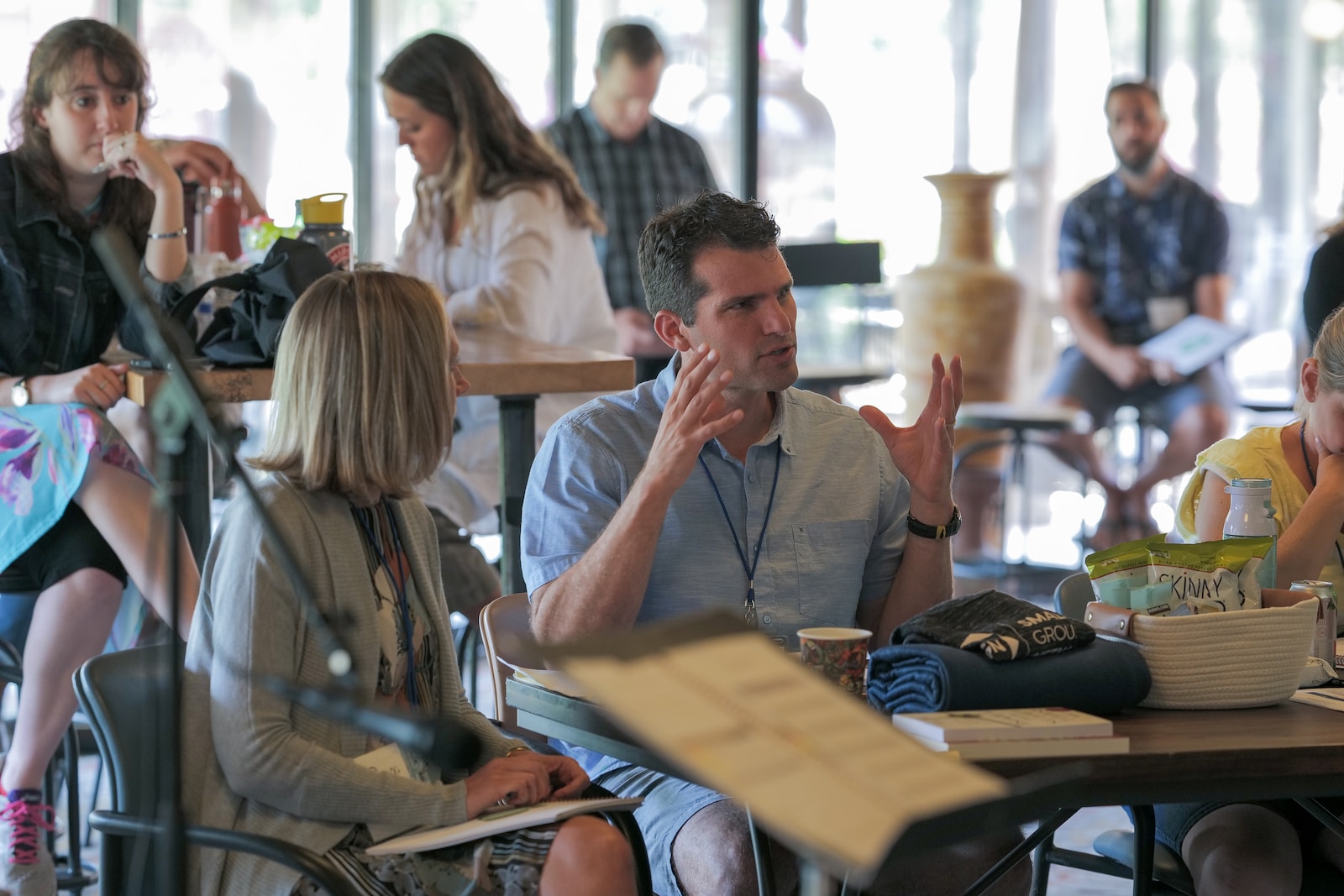The words we sing are extraordinarily powerful. Many authors have had things to say about the lyrics of songs sung in church but the arguments are particularly partisan and heated in our present day. Contemporary congregational songs, with their popular musical influences are a hot topic. Are their lyrics inferior to traditional hymns? How should we approach their analysis and assessment? What would Jesus sing?
Through this subject, students will delve into the complex relationship between the Christian church and the creative arts across centuries. This subject examines how the arts have been both championed and constrained by the church. Students will analyse historical music and arts from biblical times to the modern era, gaining insights into their influence on faith and church practices.
Preach by bridging the gap between ancient texts and exploring effective ways to communicate biblically sound truths to a modern world. If you want to learn how to develop life-changing preaching, and bring revelation to postmodern people that struggle with the Christian story, then look no further.
Itching to connect the realm of the classroom with some real-life experience? This unit is designed with just this aim in mind. Students will have the chance to engage academically with issues pertaining to their business specialisation plus experience a hands-on 100-hour placement with a variety of formats to choose from.
















